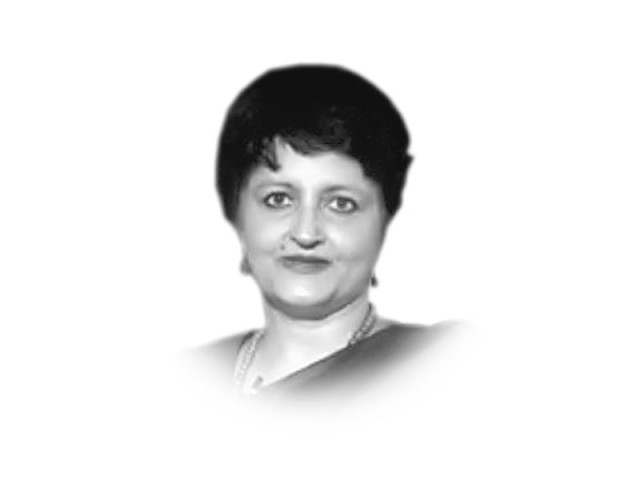South Asia’s wretched women
Centuries-old assault of women has acquired a certain level of acceptance now, it has become part of South Asian gene.

The writer is a consulting editor with The Statesman and writes for several newspapers in India.
Nowhere is this more visible than in India and Pakistan, or indeed South Asia, which includes Afghanistan, where discrimination and violence against women is almost institutionalised. From conception till death, the woman lives a traumatic life, as the property of the man, be it her father, brother or husband, at different points of her life. She is the target of violence if she marries outside her caste or religion, if she does not marry, if she does not give birth to a son, if she works without permission or tries to live a free and equal life.
Malala Yousufzai shot into the spotlight and has fortunately recovered from the attack by the Taliban to continue the fight for freedom and equality. Her only fault was that she wanted to study and be a person in her own right. The young girl, who was gang-raped in a bus, was not so fortunate, in that she died and could not realise her dreams. Her only fault was that she had taken a bus with her friend to go home after a movie. The persecution of women takes a variety of forms, from the abortion of the foetus, to beatings, rape, assault, molestation, discrimination and sexual harassment at the work place, domestic violence and so-called ‘honour killings’ in both India and Pakistan, of women for marrying out of caste or religion.
The centuries-old assault of women has acquired a certain level of acceptance now, in that it has become part of the South Asian gene for want of another description. The mocking tone used against women in parliament, for instance, by their male colleagues is a case in point, with sexist jokes and subsequent laughter deliberately taking away from the woman member of parliament’s arguments in the House. Eve-teasing is perhaps, the best manifestation of this reprehensible attitude, with every single woman in Delhi having faced this humiliating male pastime. There is no law against this in India at least, with governments unwilling to concede the demand of women’s organisations that eve-teasing be made a punishable crime. The police in South Asia are not sensitised to deal with cases against women. Rape victims undergo severe harassment at the hands of the police who don’t follow basic humanitarian norms in filing and acting on such complaints. In fact, the media is used by the police, through off-the-record briefings, to point fingers, more often than not, at the rape survivor for having dressed ‘indecently’ or having ‘many male friends’ or ‘travelling late at night’. The justification of violence is more traumatic for victims than the violence itself, at times, as they are harassed by the police, shunned by society and family, and find themselves unable to cope with the trauma.
At times, women, too, join the patriarchs to fire the first bullet against their own gender as it were. The woman who agrees to abort her baby girl; the woman who joins her husband in abusing other women; the mother-in-law who sprinkles kerosene on her daughter-in-law for not bringing sufficient dowry, however, are themselves victims of a system that they want to be part of and are too terrified to challenge.
There is no religion that discriminates against women. It is only the self-proclaimed followers of religion, who distort the message in their shackled minds, to pillory and shackle women. In their primitive minds, they look upon women as possessions, as property, to control and own. Women are not seen as persons with equal rights, but as an extension of the male patriarchy to be ‘looked after’ when they are good and to be ‘taught a lesson’ when they are bad. By the same logic, men wanting revenge, attack the women who are easy targets, and because of their own mindsets, insist that a girl child is a burden, who can be tolerated only if she is in a minority within the home.
Published in The Express Tribune, August 24th, 2013.
Like Opinion & Editorial on Facebook, follow @ETOpEd on Twitter to receive all updates on all our daily pieces.













COMMENTS
Comments are moderated and generally will be posted if they are on-topic and not abusive.
For more information, please see our Comments FAQ